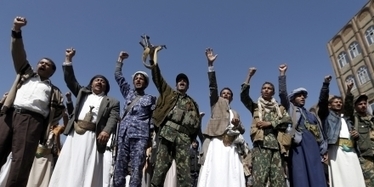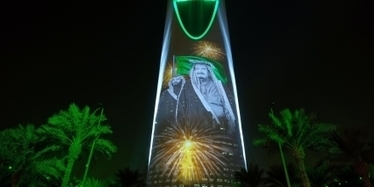Confidential #UN Document Questions the #SaudiArabia Blockade That’s Starving #Yemen - The Intercept #ArabieSaoudite #ONU
A U.N. panel of experts found that Saudi Arabia is purposefully obstructing the delivery of humanitarian aid into Yemen and called into question its public rationale for a blockade that could push millions into famine. In the assessment, made in a confidential brief and sent to diplomats on November 10, members of the Security Council-appointed panel said they had seen no evidence to support Saudi Arabia’s claims that short-range ballistic missiles have been transferred to Yemeni rebels in violation of Security Council resolutions.
“The Panel finds that imposition of access restrictions is another attempt by the Saudi Arabia-led coalition to use paragraph 14 of resolution 2216 (2015) as justification for obstructing the delivery of commodities that are essentially civilian in nature,” the U.N. experts wrote. Resolution 2216 was passed in April 2015, a month after the Saudi-led international coalition began its intervention in Yemen’s civil war. Paragraph 14 calls for U.N. member states to take measures to prevent the supply, sale, or transfer of military goods to a rebel alliance led by a group called the Houthis, which is backed to an unclear degree by Saudi Arabia’s regional rival, Iran. The panel of experts was established by a previous 2014 resolution and expanded to five members by resolution 2216.
The(..)



 Your new post is loading...
Your new post is loading...








